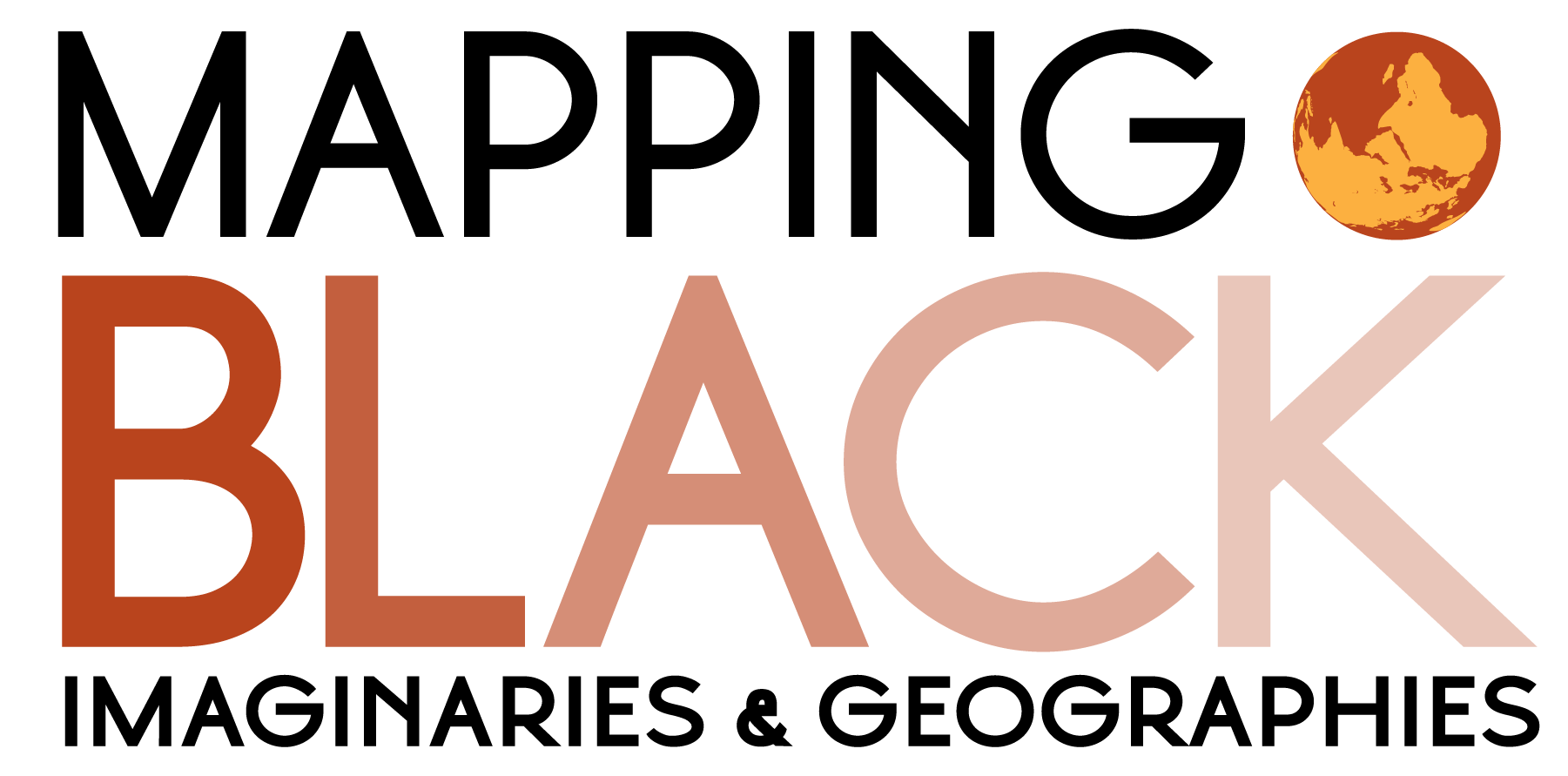Eatonville, Florida is arguably one of the oldest incorporated black towns in the United States. Incorporated in 1887, the town highlighted black Floridian fierce commitment to liberty and was a direct challenge to white assertions that black people could not govern themselves or build community. The legacy of self-determination and pride is documented through institution dating back to the founding era, such as St. Lawrence African Methodist Episcopal (AME) church. Eatonville is best known because of Zora Neale Hurston’s writing. Her experience growing up in the town shaped her view of blackness. Eatonville’s link to the Booker T. Washington was created through the founding to the Robert Hungerford Normal and Industrial School by Tuskegee graduate Russell C. Calhoun in 1897. The Hungerford School was a crucial educational institution for African Americans across the South. As a boarding school it offered educational opportunities beyond grade school to many black students.
January 2022 the Smithsonian Air and Space Museum held its Claiming Space Symposium. The symposium examined communities and individuals who build Afrofuturism up, as well as those that draw from it, work together to claim and reclaim space—in the stories we tell of the past and in the visions we imagine of the future. The meeting examined the ever-expanding reach of Afrofuturist thought across oceans, into land reclamations, up to the stars, through cyberspace, and inward as Black visionaries look to the infinite space within. The presentation by Julian Chambliss examines how black town activism in the post-Reconstruction United States represents Afrofuturist practice. This presentation situates black town activism within pattern of black counterpublic practice after Reconstruction that sought to imagine future spaces that sustained black people and created spaces for future progress.
